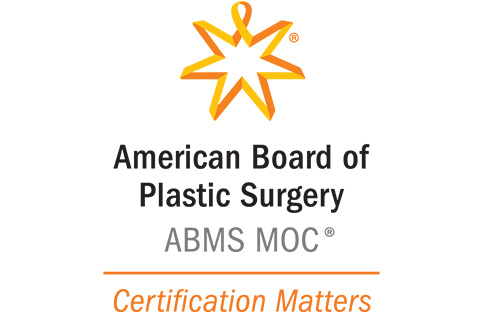
Board Certification
Question:
Dear Dr. McCollough: What The Term “Board-Certified” Really Means: And How It Is Often Misused
How does a person go about finding the “right” doctor? And, what does it mean when a doctor states he or she is “board-certified? The answer generally depends on whom you ask; because believe it or not, the past forty years a segment of the medical profession has been engaged in a “Cold War.” And, it’s all about competition for patients.
The Federal Trade Commission became concerned about unlawful activities, which being used by one plastic surgery organization. Documents uncovered during the FTC’s investigation contained references to “guerrilla warfare” tactics designed to “destroy” other plastic surgery organizations they identified as competitors. Part of the “guerrilla warfare” tactics include, intentional misrepresentation and use of the term “board-certification.”
The facts are this. “Board-certification” indicates that a doctor has passed a written and oral examination. First, he or she has to qualify to take the exam. And, it’s a rather lengthy process.
After graduating from medical school and completing an accredited residency, he or she pays a fee to take a certifying examination. If the doctor passes the examination, he or she receives a certificate verifying that all the criteria for that particular certifying board have been successfully met. Only then can a doctor state that he or she is “board-certified.”
In overlapping specialties of the medical profession, this only seems to complicate matters. For example, with at least six boards certifying surgeons to perform plastic surgery, if one uses the criteria of “board-certification” as a criteria, how does one know which is best? Once again, it depends upon to whom the question is posed.
The home office, websites, and publications of each certifying board lists only the doctors, who took its examination. So, if inquirer calls or logs on to the website of a particular board he or she will only be given the names of that board’s members. In keeping with the “Cold War” tactics previously mentioned, should the potential patient inquire about a doctor certified by a competing board, a cleaver—but misleading—game of words usually follows. Here’s how it generally goes: “No, Dr. Blank is not board-certified,” leaving the inquirer with the impression that the doctor about whom the inquiry is made has not met the criteria, nor passed the examination to become “board-certified.” However, more often than not Dr. Blank is “board-certified” by one of the other recognized and equivalent boards, which certify doctors to perform plastic and reconstructive surgery. Many specialties are broken down into branches or sub-specialties (sometimes referred to as “super-specialties.”) Divisions evolved because the professions recognized that technology has evolved to the point that it is impossible for a trainee to become competent in every aspect of a given specialty. And, to meet the needs, many sub-specialties developed their own certification process.
My own is a case in point. When I completed my residency and the fellowship in facial plastic surgery, first, I became “board-certified” by the American Board of Otolaryngology, which represents the specialty of Head and Neck Surgery. Then, because I intended to perform only facial and nasal surgery, I became “board-certified” by the American Board of Facial Plastic and Reconstructive Surgery. Both boards certify doctors for performing cosmetic and reconstructive procedures in the region of the head and neck. I selected these two boards because I never intended to perform body procedures. I did not make sense to pursue a prescribed course of study necessary to take the examination of the American Board of Plastic Surgery, which certifies doctors to do procedures outside the scope of my interests.
Throughout the world there are thousands of doctors who chose similar routes, electing to become “board-certified” by the boards of otolaryngology, ophthalmology, dermatology, or oral surgery, each of diplomats are certified to perform regional or “specialty” plastic surgery.
Therefore, anyone who states that doctors who successfully completed an alternative training and passed the examinations of any of the previously mentioned specialties are not “board-certified” to perform plastic surgery is publishing false and misleading materials . And yet, there are those who continue to follow “Cold War” tactics and propagate what has become known within the medical profession as “The Big Lie,” claiming that only the members of their club are “board-certified” to perform procedures, which, in truth fall under their purview of several boards.
The courts have ruled that those, who disseminate libelous materials, are to be held accountable. Casting aspersions on the qualifications of a competitor is both unethical and unlawful. In the state of Georgia, a jury penalized two plastic surgeons $1.5 million for knowingly claiming that surgeons they identified as competitors lacked credentials to perform plastic surgery, when in fact, the libeled surgeons were highly qualified…and internationally respected.
So, the message for the public to take away is, “be wise.” Do your homework. Look at the claims and the source. “Board-certification” is only one way to
measure the exposure a doctor has had to a given field of medicine; however, passing an examination does not insure competence. Training beyond residency and experience are also important considerations, regardless of which organization issued the diploma a doctor hangs on his or her wall.
A more important factor for a potential patient to consider is: the field of plastic surgery in which the doctor trained and practices. Some “board-certified” surgeons perform only plastic and reconstructive surgery on the eye area, some only of the skin, some only on the facial skeleton and teeth, and some only on the face, nose, head and neck. Others perform plastic surgery on the entire body.
Then, how does one know where to go? The following are some of the questions listed in a previous McCOLLOUGH REPORT article. A potential patient should ask: Of all the branches of plastic surgery, which one(s) do you specialize in? In your career, how many of the procedures—like the ones I am considering—have you personally performed? How many of the operations—like you would recommend for me—do you perform in the average week?
It is also helpful to ask if the doctor is “board-certified” in a sub-specialty, as a “specialty” plastic surgeon. Be concerned if the doctor—or his staff—appear defensive or makes disparaging remarks against surgeons who perform similar services; for, they are not only engaging in unethical behavior, they are breaking the law…and that speaks to the all important issue of “character.”
So, the next time the issue of “board-certification” arises you will be better informed as to the true meaning of the term.

